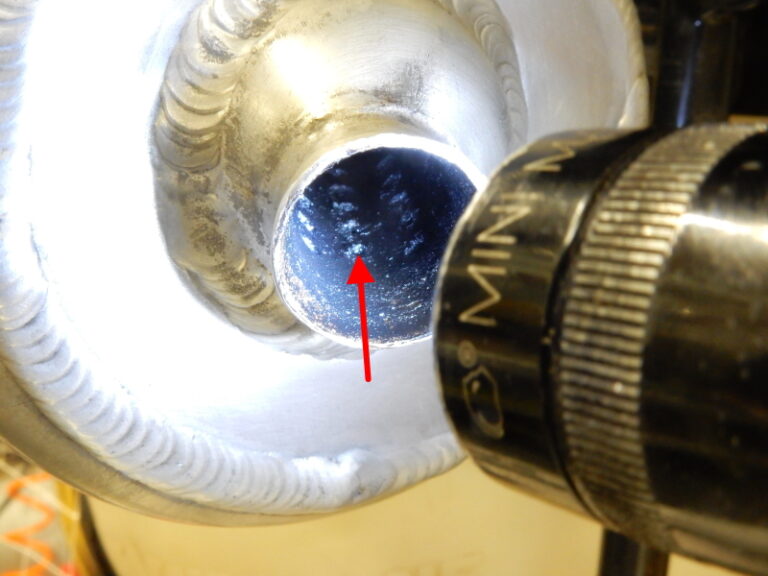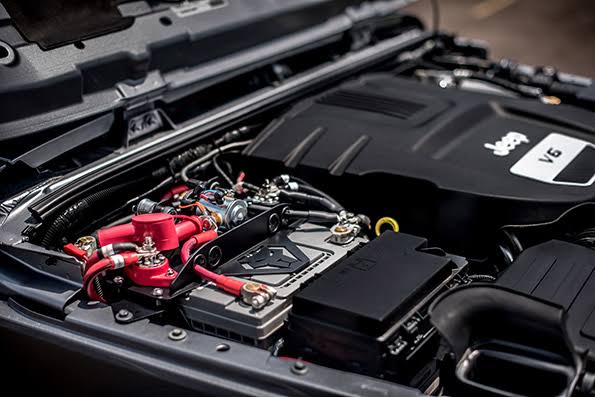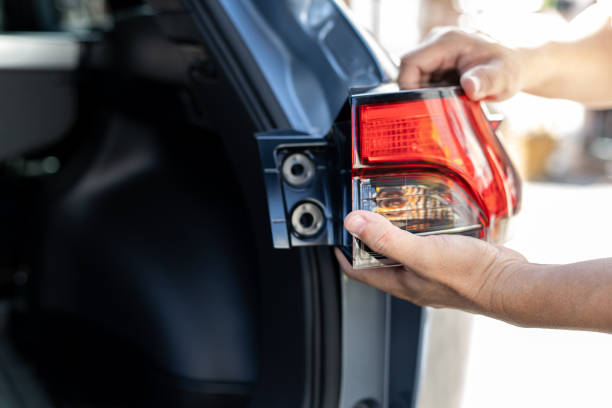Does A/C Use More Gas?

Using your car’s air conditioning (A/C) is a convenient way to stay comfortable, especially during hot weather. However, many drivers wonder, “Does A/C use more gas?” In this blog post, we’ll break down how air conditioning affects fuel consumption, explain the mechanics behind it, and provide tips to balance comfort and efficiency.
How Does A/C Work in a Car?
Your car’s air conditioning system uses a compressor powered by the engine. When you turn on the A/C, the compressor draws power from the engine, which requires extra fuel. This means that running the A/C can increase your gas consumption, especially during high demand.
Does A/C Use More Gas?
Yes, running your car’s A/C does use more gas. The additional fuel consumption depends on several factors, including:
- The Vehicle’s Efficiency
- Smaller, fuel-efficient cars may see a noticeable impact on gas mileage compared to larger vehicles.
- Driving Conditions
- A/C usage during stop-and-go traffic may consume more gas than at highway speeds.
- Temperature Settings
- Lowering the temperature or setting the fan speed high increases the energy demand on the compressor.
- Ambient Temperature
- In extremely hot conditions, the A/C works harder to cool the cabin, which requires more fuel.
How Much Gas Does A/C Use?
While the exact amount varies, studies suggest that using air conditioning can reduce fuel efficiency by up to 5-20%, depending on the factors listed above.
For example:
- On a 30-mile trip, you might use an additional 0.1 to 0.3 gallons of fuel with the A/C running.
- Over time, this could lead to higher overall fuel costs.
A/C vs. Open Windows: Which Is Better for Gas Mileage?
A common debate is whether to use A/C or roll down the windows to stay cool. Here’s how they compare:
A/C Usage
- Increases fuel consumption due to engine strain.
- Provides a more consistent and comfortable cooling experience.
Open Windows
- Reduces gas mileage at high speeds due to increased aerodynamic drag.
- More fuel-efficient than A/C at low speeds (under 40 mph).
Conclusion:
- Use A/C for highway driving where open windows create drag.
- Roll down windows in city or slow-speed conditions to save fuel.
Tips to Reduce A/C Fuel Usage
To minimize the impact of air conditioning on your fuel consumption, follow these tips:
- Park in the Shade
- Keeping your car cool reduces the workload on the A/C when you start driving.
- Use Recirculation Mode
- This mode recirculates cooler air inside the car rather than pulling in hot air from outside.
- Avoid Max Cooling Settings
- Set your A/C to a moderate temperature to reduce compressor strain.
- Pre-Cool Your Car
- Open the windows for a few minutes before turning on the A/C to let hot air escape.
- Keep the A/C Maintained
- Regularly check the refrigerant level, clean the filters, and ensure the system is functioning efficiently.
Frequently Asked Questions (FAQs)
1. Does Running the A/C Damage My Car?
No, using the A/C won’t damage your car if the system is maintained properly.
2. Does Turning Off the A/C Save Gas?
Yes, turning off the A/C can improve fuel efficiency, especially in stop-and-go traffic or when driving at low speeds.
3. Can I Drive Without the A/C Compressor Running?
Yes, but your cabin temperature will rely on open windows or natural airflow for cooling.
4. Is It Better to Use A/C or a Fan?
A fan uses less energy than A/C but won’t cool the air as effectively.
5. Does A/C Use More Gas Than Heat?
Yes, the A/C consumes more energy because it relies on the compressor, while the heater uses residual engine heat.
Conclusion
So, does A/C use more gas? Yes, but the impact on fuel consumption varies based on your driving habits, vehicle type, and how you use the air conditioning. While the convenience of staying cool comes at a cost, simple strategies like using recirculation mode, parking in the shade, and maintaining your A/C system can help you strike a balance between comfort and efficiency.
By being mindful of how you use your car’s air conditioning, you can enjoy a cool ride without significantly impacting your fuel budget.
Also Check:
• Does Turning On the AC Waste Gas?





